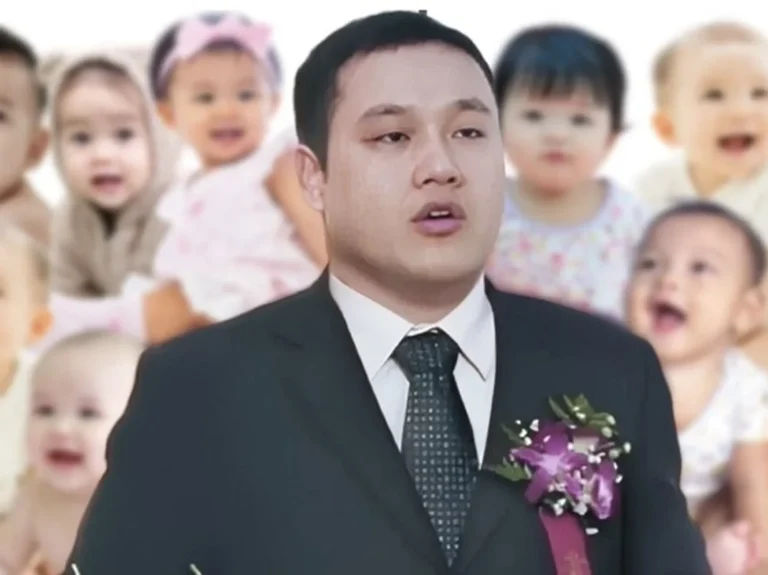Meet Yi Jiefeng, a Shanghai woman who has helped plant millions of saplings in Inner Mongolia, over the past 12 years. Her goal is to reforest the arid Alashan Desert while keeping alive the memory of her son who passed away 16 years ago.
In the year 2000, Yi’s only son, Yang Ruizhe, was killed in a road accident in Japan, and the tragic incident left her a shattered woman. But she eventually found a way to deal with the grief by devoting her own life to fulfilling her son’s dream. Ruizhe had told her about his plans to plant trees in northern China’s Inner Mongolia Autonomous region in order to stop the advancing desert, so Yi decided to fulfill his dream herself. “He was fond of nature since he was a little boy,” she said. “He was concerned about natural things such as wind, rain, plants, and animals.”

Photo: Homeland Green
So Yi and her husband used Ruizhe’s insurance money – 30 million Yen (nearly $270,000) – to set up a nonprofit called Green Life in 2003. They didn’t have much knowledge of agriculture or forestry back then, and their first planting season was unsuccessful. With less than 200 mm rainfall that year, the saplings were blown away by strong winds and shifting sands.
The couple did not lose heart though. They consulted local forestry experts and managed to get several saplings to take root the next season. “It seemed that my son’s spirits bestowed good fortune on us – it rained heavily when we finished,” Yi said. “Ever since, we would go and plant trees every year, and it rained every time. This made the survival rate stay above 85 percent even till now.”

Photo: Homeland Green
While Green Life started off with the intention of planting trees, it soon grew into a much larger project that raises awareness about the land degradation that is converting China’s grasslands into barren stretches of wasteland. “In the beginning, I did this charity as a mother who wanted to realize her son’s dream,” Yi told CNN.
“But later I realised that China has a really serious desertification problem. If the situation keeps getting worse, how can 1.3 billion Chinese people possibly survive? So we felt a sense of social responsibility.”

Photo: Homeland Green
When the initial funds ran out, the biggest challenge that Yi and her husband faced was that of raising more money. They ended up investing their life savings in the project, and even sold their two houses to keep it going. “Because we have limited funds, we can only afford a small operation team while there is a lot to do,” Yi explained. “I’m 66 years old now. But I have only an average of three or four hours of sleep every day. Sometimes I don’t even have this amount of sleep. It’s all for saving money for the project.”
But the number of volunteers and donors have considerably increased since the year 2008. Many of them are parents who lost their own children, hoping to find some solace through Yi’s work. One mother lost her teenage daughter to cancer, while another’s son committed suicide. And Yi is happy that she’s able to unite all these grieving mothers for a great cause.
“It is easy to break a chopstick, but they become unbreakable when we put all of them together,” she said. “Everyone on the planet has his or her own weaknesses, but with one complementing the other, we will eventually get a big force. Environmental problems especially need this kind of power from people with benevolence.”













